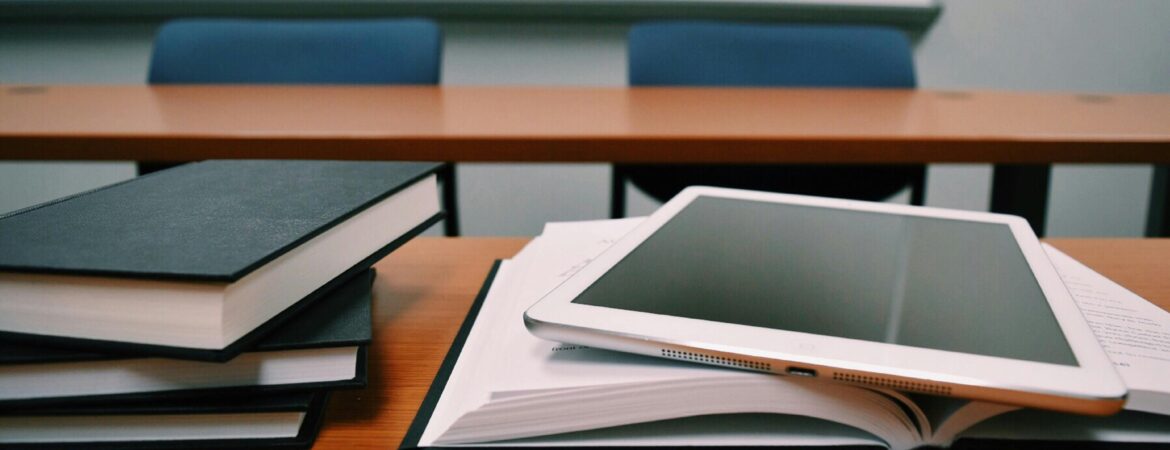
The UK’s new Labour government is planning to change current tax exemptions to add VAT to private school fees.
Their plan is to reinvest the money this will generate to recruit extra teachers for state schools and fund more childcare. However, as the governance of education is devolved between the UK’s member states, the final decision as to how this additional revenue will be spent must be made by each nation’s government.
At present private schools do not have to charge VAT on their fees because they are recognised as organisations that provide education. Almost half of the private schools in England are also registered charities. This means they receive an 80% reduction on business rates. The government has stressed their charity status is not at risk.
There are around 2,500 private schools in the UK educating approximately 570,000 pupils. The average annual fees are around £15,000 although the most prestigious schools – for example Eton and Harrow – charge closer to £5,000.
Using these figures, the Institute for Fiscal Studies (IFS) have calculated this initiative could raise in the region of £1.6 billion. According to the IFS this would equate to an extra £1.3-1.5 billion a year for the government to spend as they believe a percentage of privately educated pupils are likely to switch from private to state education because of the additional expense the addition of VAT will incur. This could allow the government to increase their spending on state education by 2%.
The IFS has also said it is unlikely that fees would go up by the standard 20% VAT rate. They suggest it is more likely that a ‘private schools’ effective VAT rate’ closer to 15% will be introduced. Schools will also be able to deduct the VAT they pay on buying goods and services in the way other businesses do.
The Independent Schools Council (ISC), which represents the interest of many of the UK’s private schools, believes the impact of the new policy could go beyond a drop off in pupil numbers. Many smaller schools could be forced to close because their profit margins will reduce significantly. Similarly, private schools could become even more exclusive in terms of those who will be able to afford them if, as some have predicted, the number of bursaries is reduced to protect incomes.
How will adding VAT to private school fees impact divorced or separated parents?
If the cost of a private education does rise as a result of adding VAT to private school fees, it could have an enormous impact on divorced or separated parents.
As their income and outgoings are likely to have changed following their separation, one of the parents may feel they need to find a new, less expensive school or change the terms of attendance from, for example, boarding to becoming a day pupil to make savings. Or they may simply decide that a private education is no longer affordable.
There is also a danger that the parents will need to revisit the terms of their settlement if the increase in fees is difficult for the reasonable parent to cover. This could not only reopen hostilities between the parents but also require additional and unwanted legal fees if it is not easy to reach a solution.
If you are concerned your children’s education could be affected by the addition of VAT to private school fees, we’d suggest your first course of action should be to sit down with your ex-partner to weigh up the costs and work out how these are best covered between you. If you do need to make changes, then you must both be sure that the changes you make are in your children’s best interests.
If you cannot come to an agreement, it will be worth taking legal advice and perhaps exploring alternatives to court litigation like family mediation or arbitration.
Many of our family barristers are qualified arbitrators as well as experienced family lawyers. If you would like to discuss any aspects relating to your children or finances, please contact us today.
Leave A Comment